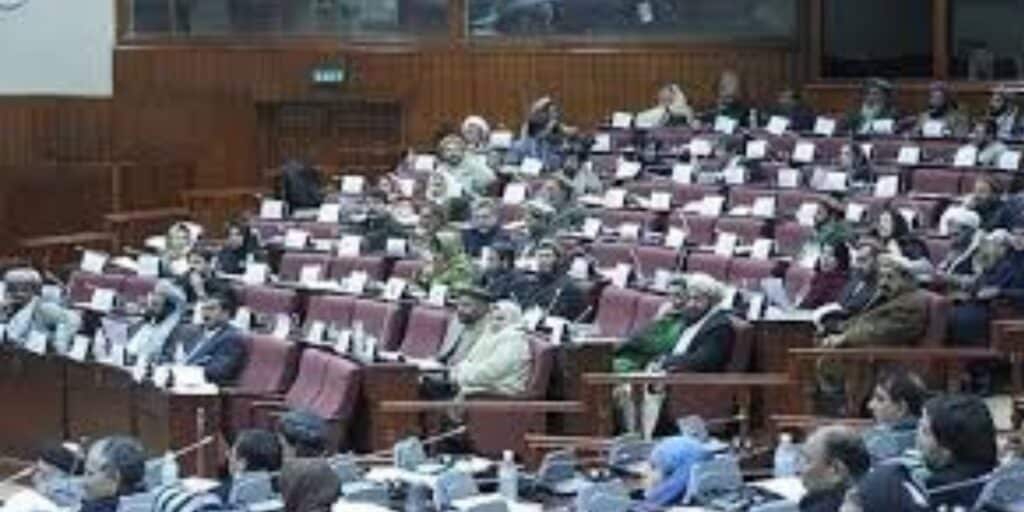Kabul: Afghanistan has responded to the joint statement issued after the foreign ministers’ meeting of Pakistan, China, Iran, and Russia, affirming that it will not allow its territory to be used against any other country.
In Balochistan news updates, Hamidullah Fitrat, spokesperson for the Afghan interim government, said Kabul welcomes the position of Pakistan, Russia, China, and Iran opposing the establishment of foreign military bases in the region.
He reiterated that no armed group has been permitted to operate inside Afghanistan, calling allegations of cross-border threats “unfounded.”
Fitrat emphasized that Afghanistan is taking concrete measures to combat corruption, narcotics, and all forms of unlawful activity.
He added that the Afghan government seeks relations with all nations based on mutual respect and trust, aiming to promote positive engagement and friendly ties.
According to Fitrat, regional countries’ support for Afghanistan’s stability offers a significant opportunity for Kabul to strengthen political and economic cooperation.
He noted that constructive responses to the concerns of neighboring states can help build confidence and enhance regional relationships.
It is worth mentioning that Russia, China, Pakistan and Iran have urged Afghanistan to carry out strict action against the militants on their territory.
In a Quad-lateral meeting in New York on Friday, the Foreign ministers of these countries had asked the Afghan government to root out the foreign-funded militant groups for the peace and stability of the entire region.
critical importance for South Asia, Central Asia, and the broader Middle East, making the country a pivotal link between major regional powers.
Afghanistan shares borders with Pakistan, Iran, China, Turkmenistan, Uzbekistan, and Tajikistan, placing it at the heart of vital trade and energy corridors.
A stable Afghanistan enables secure transit for projects such as the China–Pakistan Economic Corridor (CPEC) extensions, the Central Asia–South Asia power projects (CASA-1000), and natural gas pipelines like TAPI, directly benefiting economies from the Gulf to Central Asia.
Balochistan News Updates
Security inside Afghanistan also affects counterterrorism efforts across the region.
Instability creates space for groups such as the Islamic State Khorasan (ISIS-K) and transnational criminal networks that threaten neighboring states.
When Afghan territory is effectively governed, cross-border militancy, narcotics trafficking, and arms smuggling decline, allowing countries like Pakistan, Iran, and the Central Asian republics to focus on development rather than border conflicts.
Moreover, peace in Afghanistan strengthens regional cooperation frameworks, including the Shanghai Cooperation Organisation (SCO) and various trilateral and quadrilateral dialogues.
A calm political environment encourages foreign investment, infrastructure development, and people-to-people exchanges, helping integrate Central and South Asian markets.
For humanitarian and social stability, a peaceful Afghanistan reduces refugee flows, easing pressure on countries such as Pakistan and Iran that have hosted millions of Afghan refugees for decades. Education, health, and economic opportunities inside Afghanistan improve when conflict subsides, limiting the push factors for migration.
In short, Afghanistan’s stability is not only a national imperative but a regional necessity.
ALSO READ: Four countires urge Afghan action against terror groups
It underpins economic connectivity, suppresses terrorism, fosters trade, and builds trust among neighbors, making it a cornerstone for lasting peace and prosperity across the entire region





